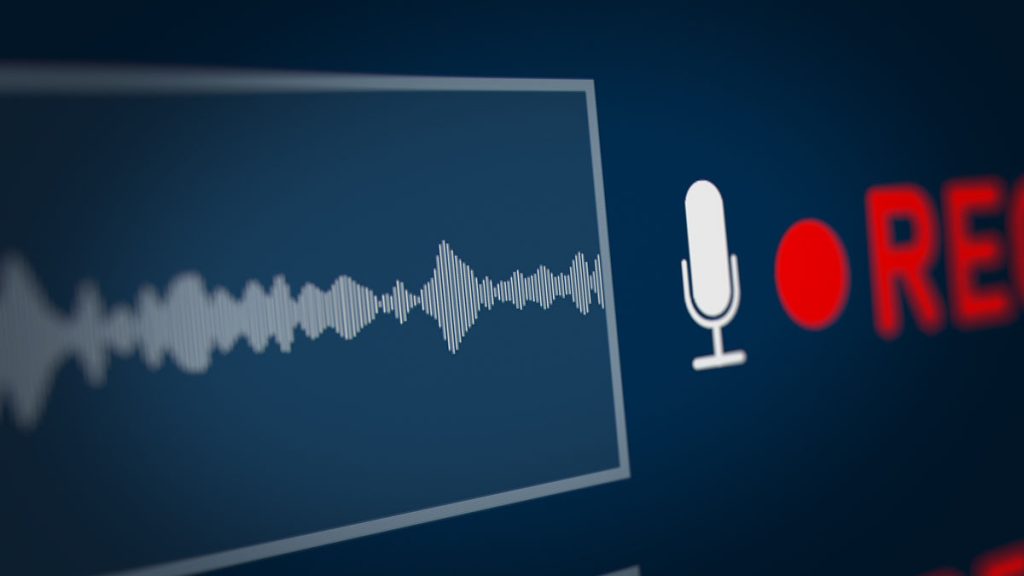

Massachusetts recording law stipulates that it is a two-party consent state. In Massachusetts, it is a criminal offense to use any device to record and/or disseminate communications, whether they’re wire, oral or electronic, without the consent of all contributing parties. Mass. Ann. Laws ch. 272, § 99(C). This means that in Massachusetts you are not legally allowed to record a conversation you are taking part in unless all parties are in agreement.
You may not record conversations without the consent of all involved parties.
In Massachusetts, an appellate court upheld that if a recorded conversation is hard to decipher, but still contains some audible words, such a recording could potentially be in violation of the law. Commonwealth v. Wright, 814 N.E.2d 741 (Mass. App. Ct. 2004). Also, the consent of all parties to a recording is required regardless of whether the conversation took place in public or private. Commonwealth v. Manzelli, 864 N.E.2d 566 (Mass. App. Ct. 2007).
It is against the law to secretly photograph, videotape or electronically surveil another person who is nude or partially nude when that person has a reasonable expectation of privacy and without that person’s consent or knowledge. Mass. Gen. Laws ch. 272, § 105(b). For example, it is illegal to surveil a person who is using a restroom because that person might be nude or partially nude and also because a restroom is a place where there is a reasonable expectation of privacy.
It is also illegal to secretly surveil another person’s intimate parts under or around the person’s clothing without that person’s consent or knowledge, when a reasonable person would agree that that person’s intimate parts are concealed from public view. Mass. Gen. Laws ch. 272, § 105(b)
Note that merchants with changing rooms are allowed to electronically surveil such rooms as long as signage warning customers of the surveillance activity is posted at all entrances and interior of any changing room being surveilled in a manner that is clearly and immediately obvious. Mass. Gen. Laws ch. 272, § 105(d). Also, Massachusetts courts have ruled that recording by cell phones and cameras with an audio component is legal provided that such recording devices are in plain sight.
Mass. Gen. Laws ch. 272, § 99(C): Illegally eavesdropping on an in-person conversation or phone call is subject to a maximum fine of $10,000 and up to five years of jail time. Sharing or intending to profit from intercepted communications is considered a misdemeanor, subject to a maximum fine of $5,000 and up to two years of jail time.
Mass. Gen. Laws ch. 272, § 105(b): Persons who surveil individuals who are nude or partially nude when they have a reasonable expectation of privacy may be punished by imprisonment not exceeding 21/2 years or a fine not exceeding $5000 or by both fine and imprisonment.
Mass. Gen. Laws ch. 272, § 105(b): Persons who surveil another person’s intimate parts when such parts are concealed under clothing and out of public view may be punished by imprisonment not exceeding 21/2 years, fine not exceeding $5000, or by both fine and imprisonment. If the victim is under 18 years, the offender may be punished by imprisonment in the house of correction not exceeding 21/2 years, by imprisonment in the state prison for not more than 5 years, or by a fine not exceeding $10,000, or by both fine and imprisonment.
Mass. Gen. Laws ch. 272, § 105(c): Disseminating visual images of a person obtained through methods that are in violation of Massachusetts video recording laws without the consent of the person depicted in the image is illegal and perpetrators of such an offense may be punished by imprisonment in the house of correction not exceeding 21/2 years or in the state prison not exceeding 15 years or by a fine of not more than $10,000, or by both such fine and imprisonment.
If someone is using a copyrighted work or recording of yours you may submit a DMCA takedown notice.
More Massachusetts Laws